Mike’s Meats Once Aspired to Provide Alaska Food Security
This is an update of a story first published June 5, 2020.
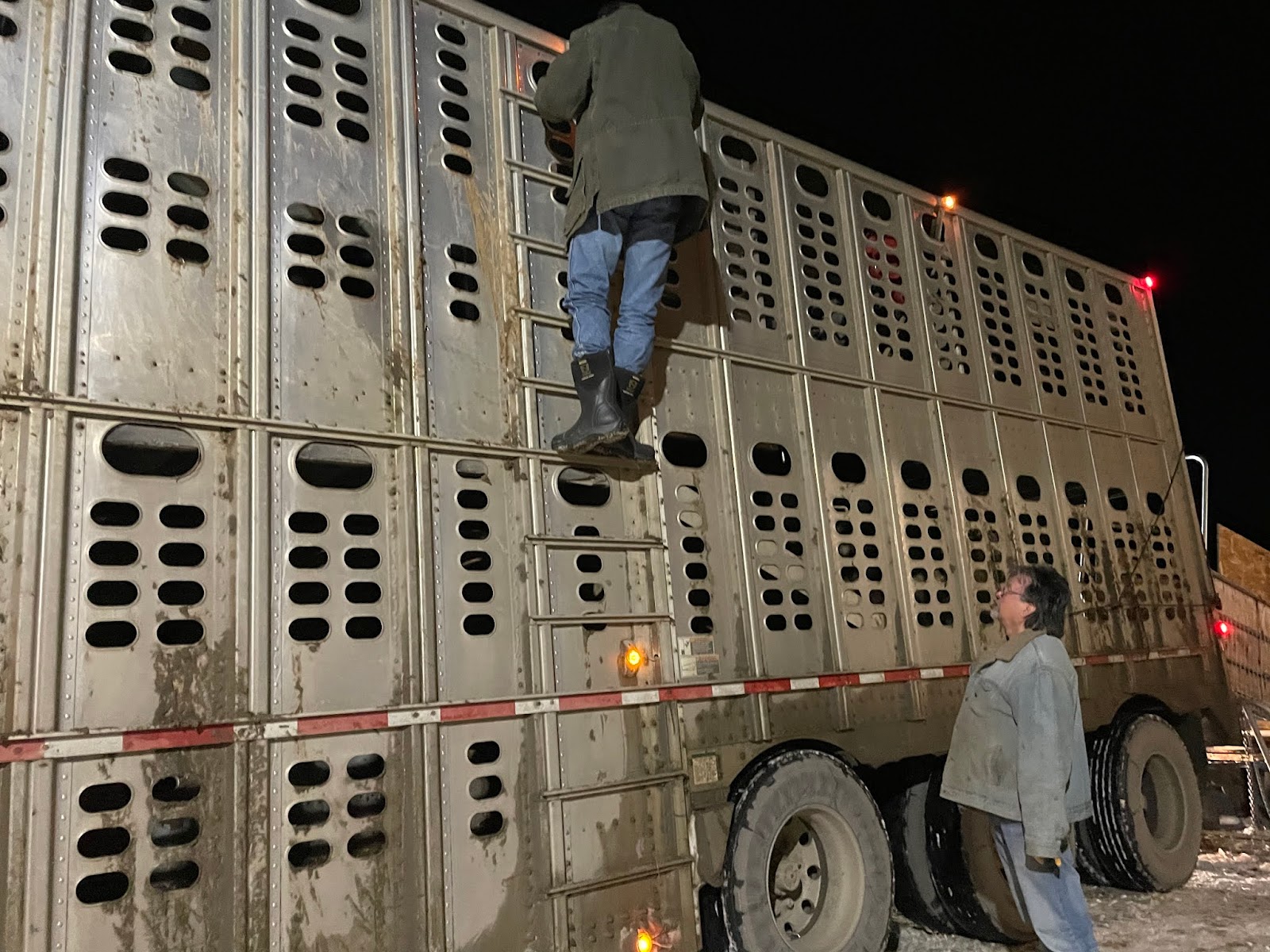 |
Editor’s Note: One tired political football seen frequently kicked around by our Alaska elected officials is the Need for Food Security. This updated story from June 5, 2020 showed the vision of one Alaskan in a position to move this state in the direction of actual food security for Alaska. With a governor who was once a senator from Wasilla, and a strong Valley contingent in the Alaska Legislature, some might think there could be more than child’s play on this issue. Not so.
The last session of the Alaska Legislature ended with a bill calling on a study about the subject. Don’t expect anything meaningful from the first session of the 33rd legislature because their priority is spending money for more government.
Seattle feeds Alaska elected officials very well in Juneau.
An immigrant from Greece, as a youth Greg Giannulis had worked in the fields picking grapes and olives, but his life changed when he started selling produce purchased from farmers in the afternoons and weekends. He also worked in a livestock slaughterhouse and learned how to harvest and butcher animals for sale.
I was making more money in 2-3 hours than I was making working all day in the fields, explained Giannulis. And I learned to live within my means–whenever I borrowed money I paid it back quickly.
Ultimately Giannulis joined the Merchant Marines, worked as a bull cook aboard ships, and jumped ship in Houston, Texas.
Giannulis knew this was the land of opportunity.
I was an illegal immigrant. I left Texas to go to Chicago, Illinois, continued Giannulis. I stayed there about 8-9 months before I came to Alaska.
From Chicago, Giannulis became a modern Alaskan cheechako.
[1]Definition of Cheechako
Giannulis continued: Long story short, I went back to Greece and came back to Alaska through Canada and I have never left. I got married in 1987 and we had eight kids.
That’s right, eight kids now grown, raised in Eagle River with this business.
I worked at pizza places, I did many jobs, reflected Giannulis’. I went to school to become a licensed heavy equipment operator. I fished in Bristol Bay for several years, and I butchered animals for individuals.
Giannulis bought Mike’s Quality Meats in 1990. He explains: It was a retail store and a guy named Mike was running it. I went in as a partner and within 2-1/2 years I bought out his share.
He jokes that he kept the name because he couldn’t afford to pay for new signage to change it.

In 2020 Mike’s Quality Meats had wholesale and retail divisions serving Alaskans in every corner of the state with as much Alaskan grown beef and pork as can be acquired. Still today Giannulis’ office is at the retail store at 12112 Business Park Blvd. in Eagle River, and includes two nearby warehouses. Most days Giannulis can be found at his desk taking orders and scheduling shipment. He has a firm grip on everything that happens in his operation, which also includes Rocket Ranch in Palmer.
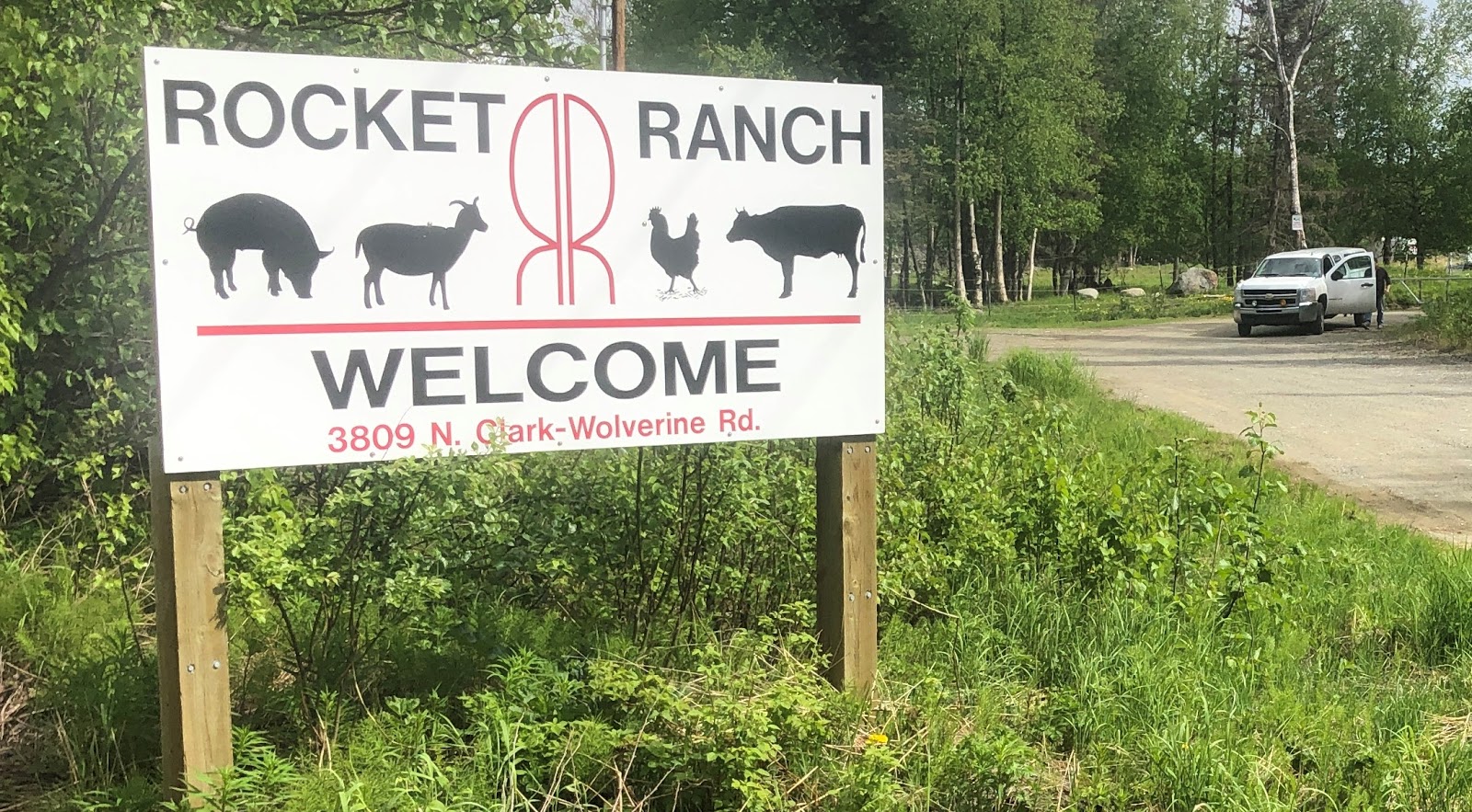
Prices for Alaska meat for restaurants and individual consumers have generally been decided by Seattle, from where most of the meat has come through over the last 30 years Giannulis has been in business.
But he has aspired to change that dynamic.
When I built Rocket Ranch I dropped the prices on livestock; pigs and cattle, said Giannulis. You must make a profit on everything you sell but you cannot gouge people. I put a reasonable price on everything I sell. A lot of producers objected to the overall price reductions I caused, so they tried to boycott me through the state-owned slaughterhouse, Mt McKinley Meats & Sausage (MMMS). Since the State of Alaska owned the slaughterhouse some didn’t think they should have competition for price of meat processed there.
I love competition. Bring it on! he enthused.

The Palmer meat processing plant once known as Mt McKinley Meats & Sausages was leased with an option to buy in 2021.
Selling the MMMS plant to a private owner was necessary since the State was losing hundreds of thousands of dollars on it each year, according to Giannulis. It had been offered for sale by the Alaska Department of Agriculture through a Request for Proposal (RFP) a number of times before Giannulis paid cash for it in 2017.
Having a private company buy the plant saved the USDA stamp for Southcentral Alaska.
That stamp is worth millions, Giannulis declared. It isn’t about whether you can make money or not make money. It is about providing food for Alaskans.
[2]
The USDA stamp assures a quality standard that is the best in the world for human consumption. A secured office provides administrative support for USDA inspectors at the processing plant. This stamp assures the food safety standard is met from the time the first knife is picked up until the last cut is made and the meat packaged for sale.
With major investment into the MMMS plant, Giannulis was able to make a profit on production from the plant despite a lack of animals available in Alaska. The November 2019 earthquake followed by the Covid pandemic brought home the need for Alaska food security and Giannus began to seek recognition of this need by elected officials.
Here is a copy of one of the letters sent to legislators and select members of the Dunleavy Administration.
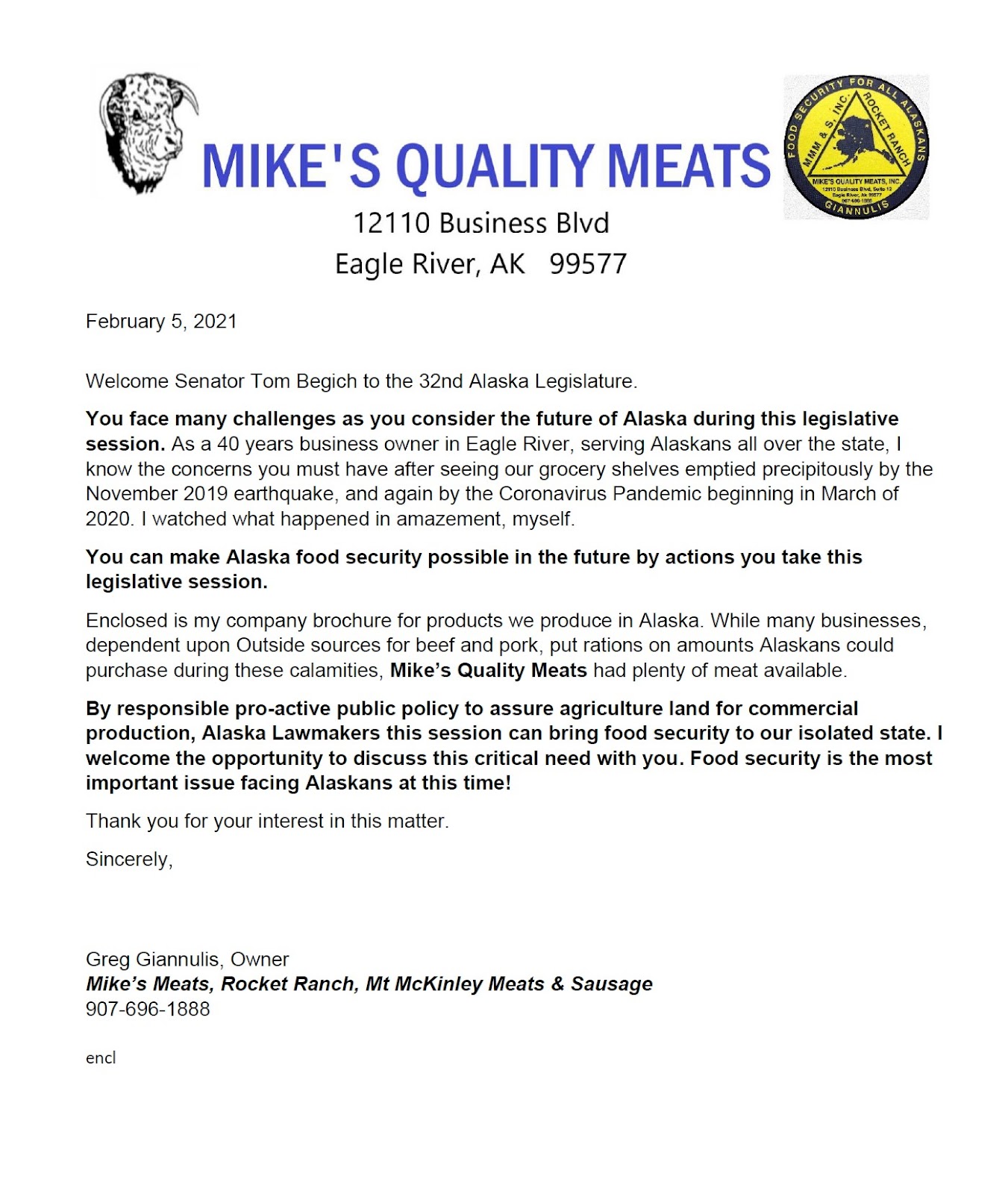
Response was disappointing.
$1-1/2 Billion is being spent per year to buy beef for Alaskans.
Giannulis continued: Mostly we need policy that will allow us to feed ourselves. I have traveled to Canada five times and spent a week each time to see how their agriculture business works. The smallest farm is 10,000 acres. They have 30,000, 50,000 100,000 acre farms raising animals for meat.
He will be required to bring meat from Seattle for his retail business until Alaska plans beyond having a network of subsistence farmers and gardeners supplementing the majority of food shipped here from someplace else.
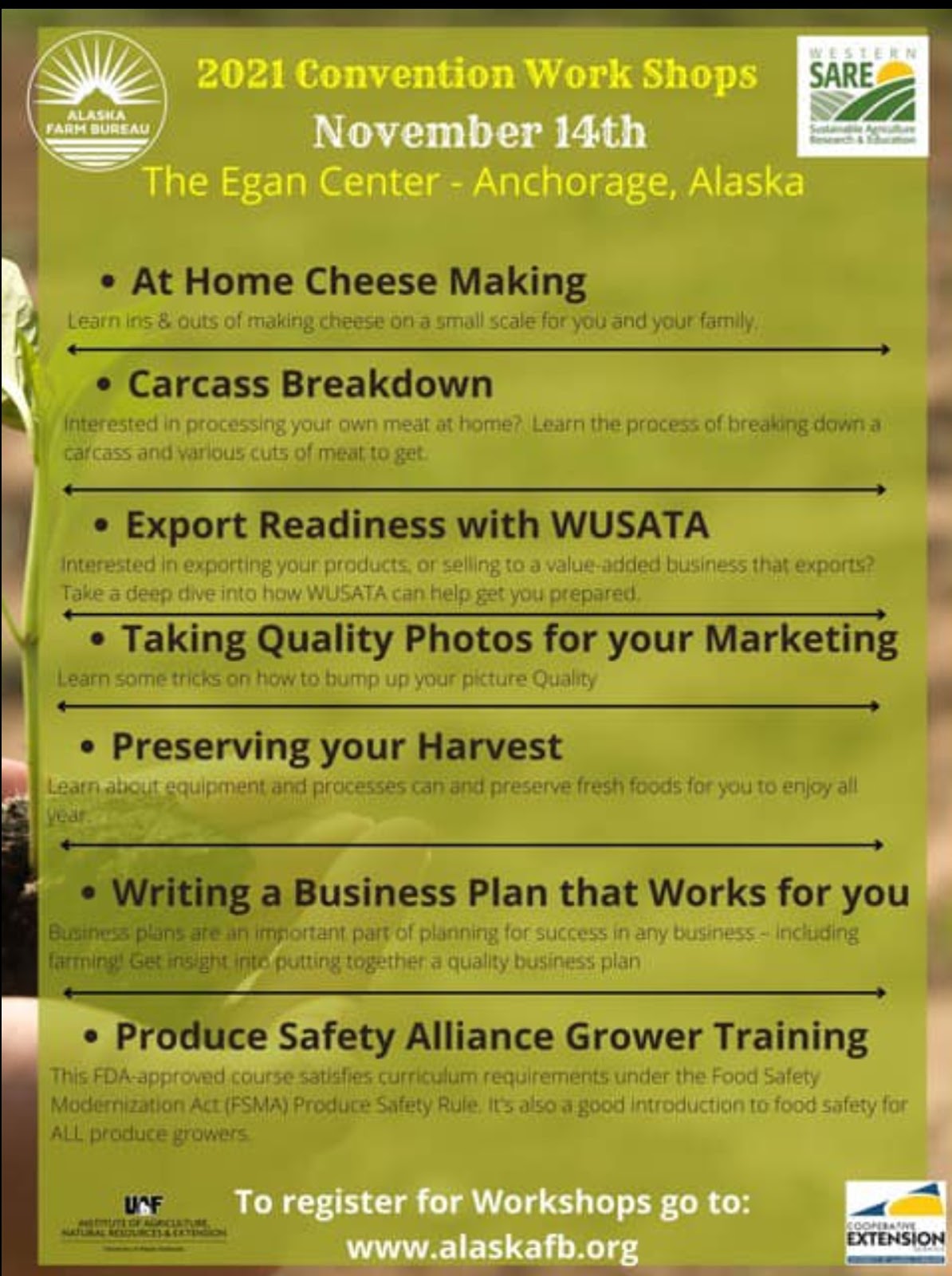
Many were disappointed by Gov. Mike Dunleavy’s Lackluster speech to the 2021 Alaska Farm Bureau Convention at the Egan Center over Veteran’s Day weekend.
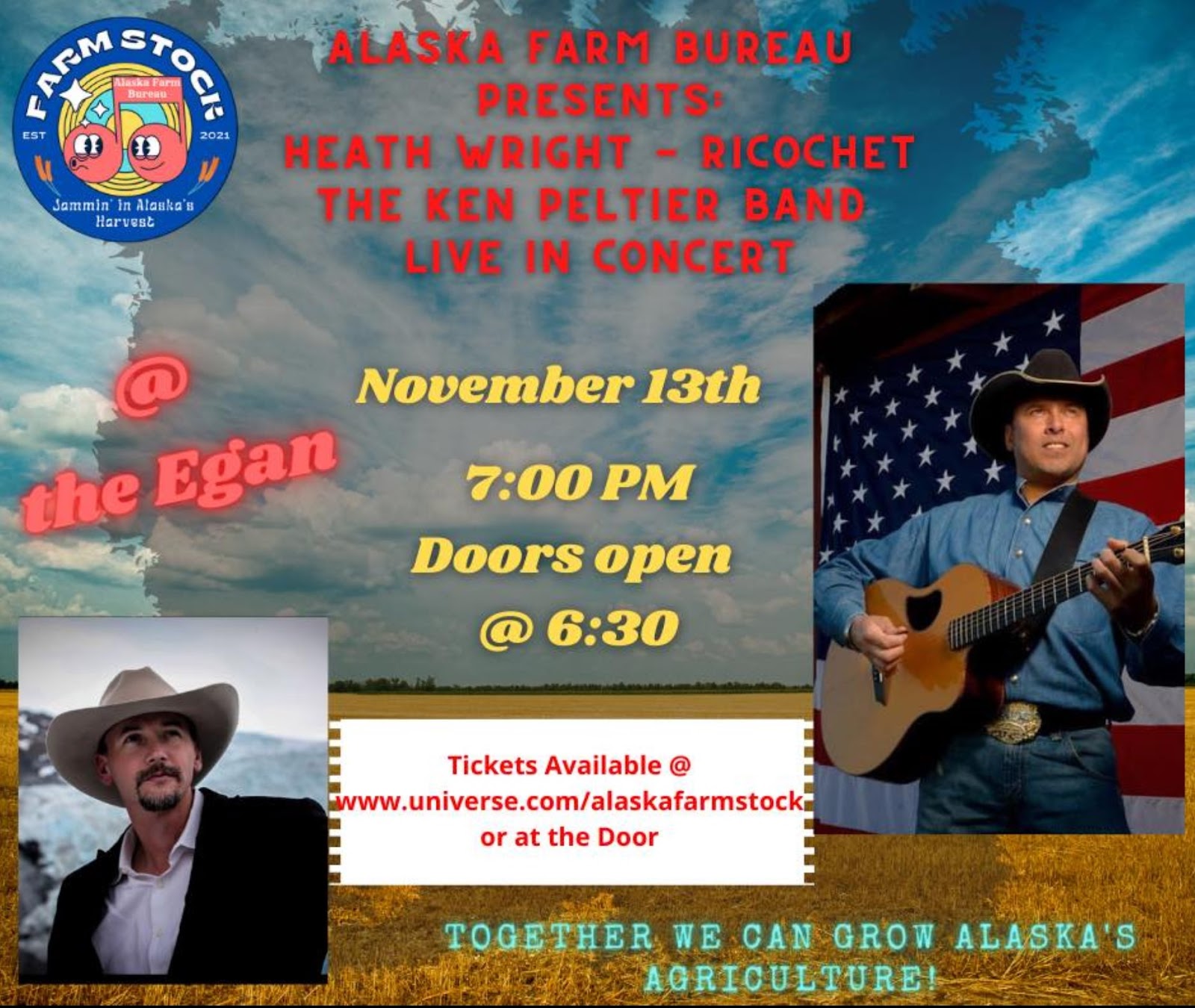
Alaska land policies favor vegetables and grains. But true food security for Alaska requires raising livestock. We do not have a commercial poultry farm. Havemeister Dairy was our last commercial milk producer in Southcentral Alaska. Policymakers seem quite satisfied that Alaska is a dependent state.
[3]
If elected officials approved a plan for industrial agriculture in Alaska tomorrow it would take years to clear land and build infrastructure for this purpose.
[4]
Having a plant that can process 300-700 animals per week is a step, but we need much more than that for true food security. That is all we’ve got.
[5]
References:
[1]Someone new to Alaska or the Yukon. Originally a reference to the Gold Rush newcomers.
[2]How Can Alaska Gain Food Security?
https://donnliston.net/2020/06/how-can-alaska-gain-food-security.html
[3]Last Days of the Havemeister Dairy
[4]Alaska Has Food Security Options
https://donnliston.net/2021/02/alaska-has-food-security-options.html
[5]Steps to Alaska Food Security
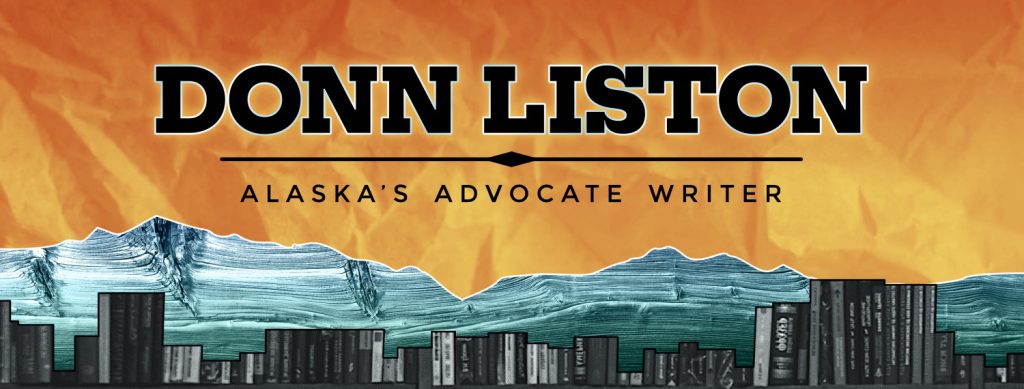
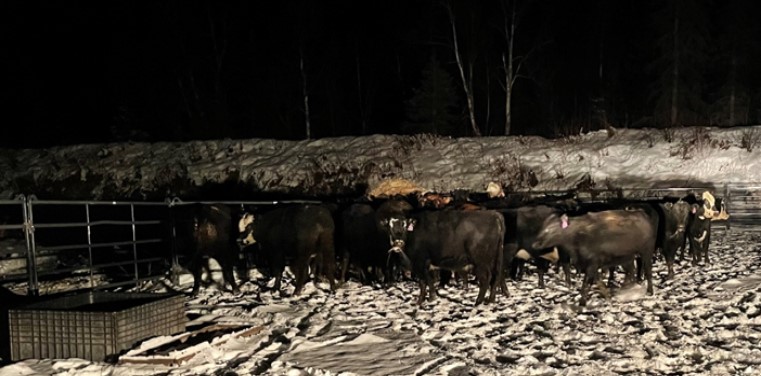

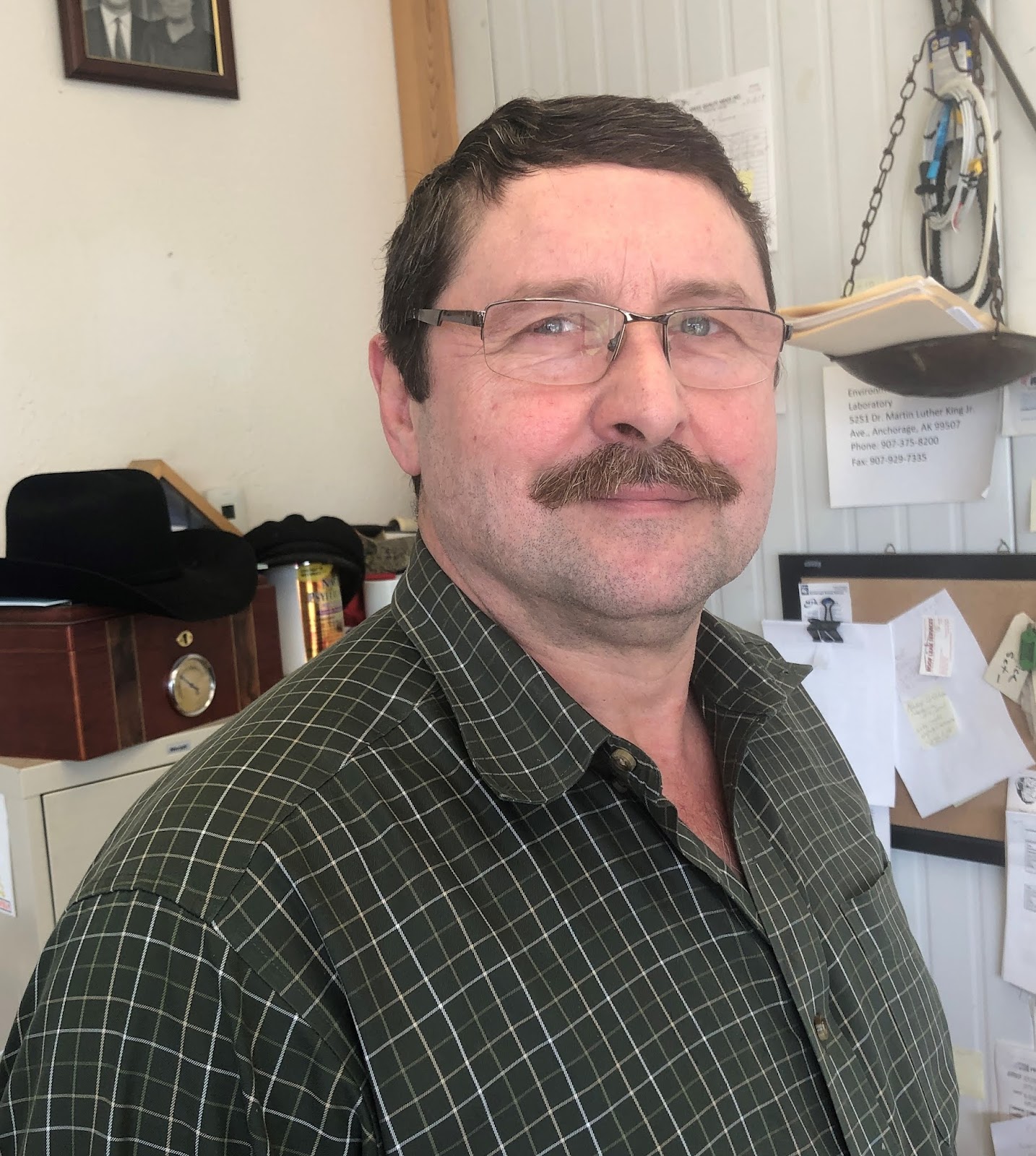
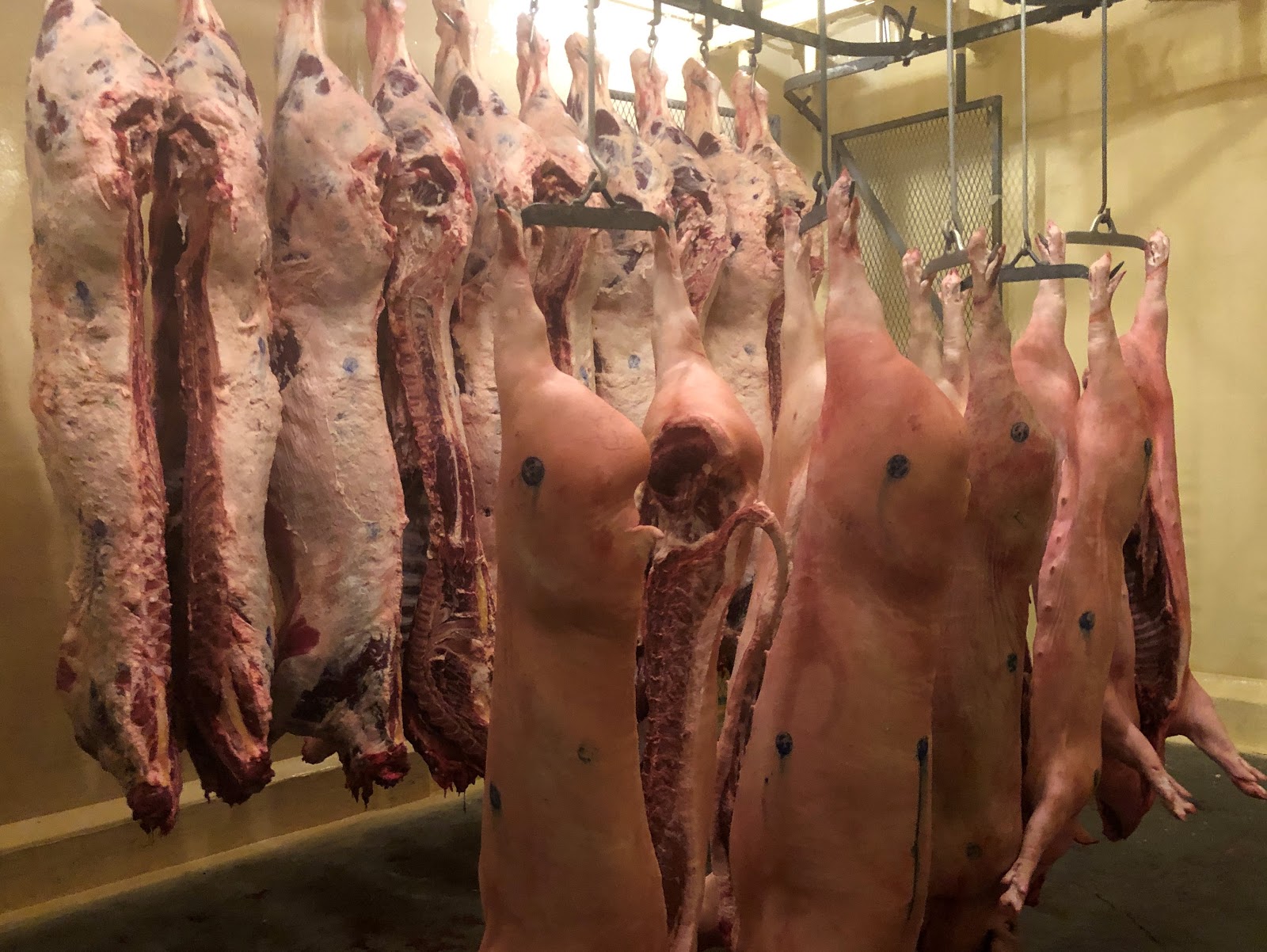

Tell me. The number of Alaskans who think salmon stocks are going down because of a non-existent gold mine are astounding. They wave placards announcing their ignorance of why stocks of all salmon are less, and the fish themselves smaller than in historical times, saying “Stop the Pebble! It will kill the Salmon!” as they…kill the salmon.
The state of Alaska Alaskans in general don’t like competition whatsoever in many different industries